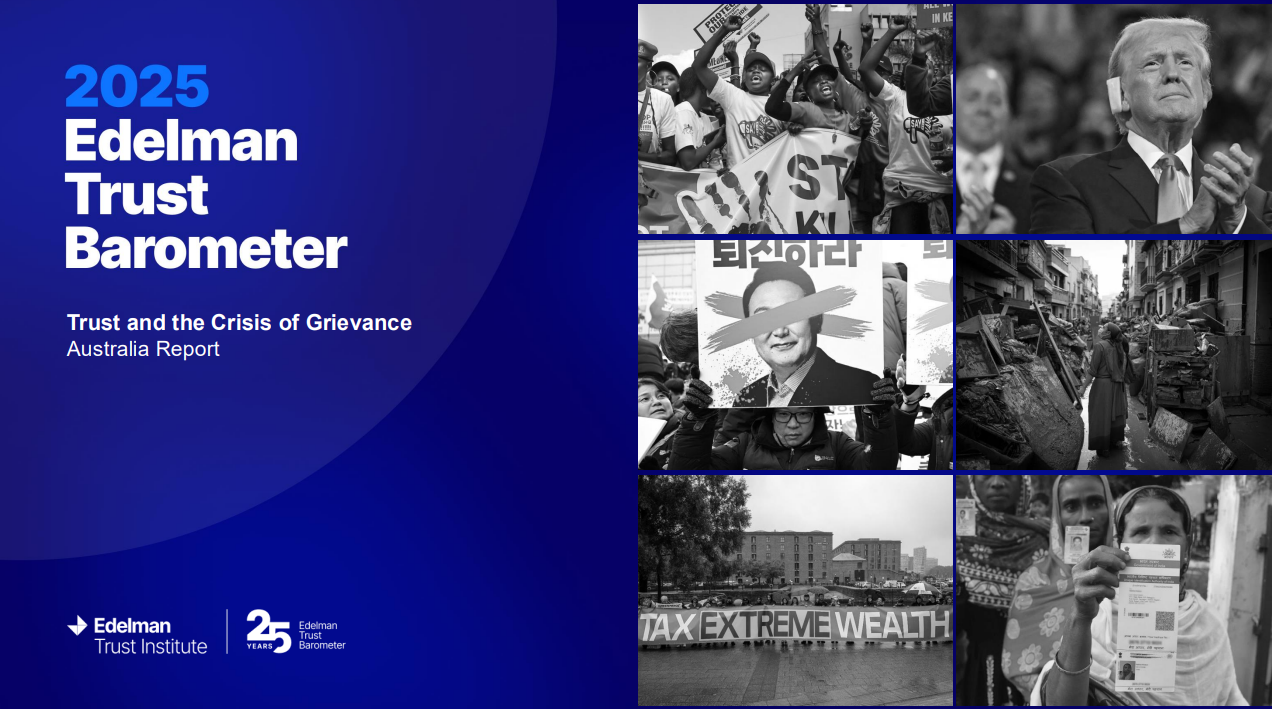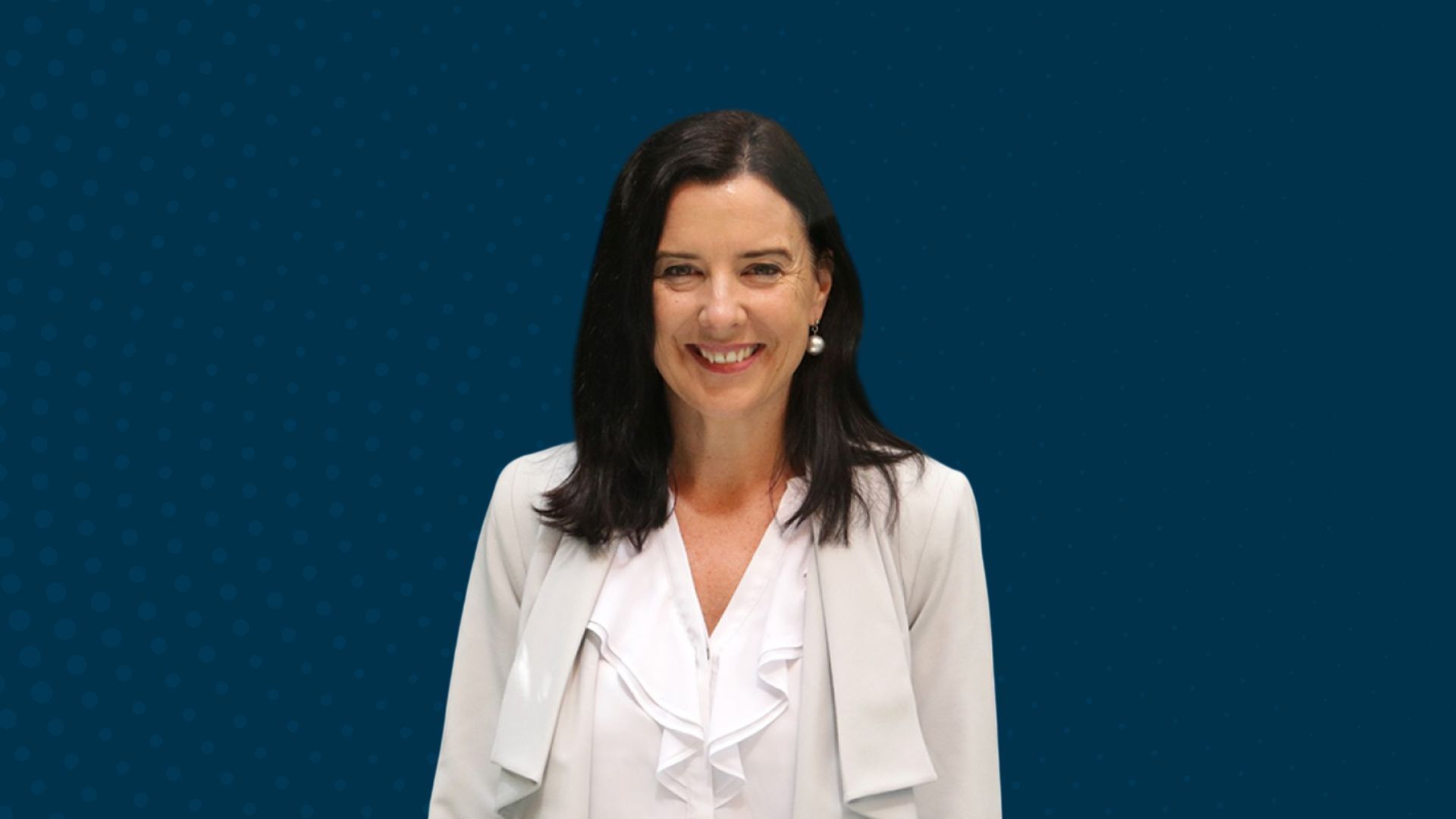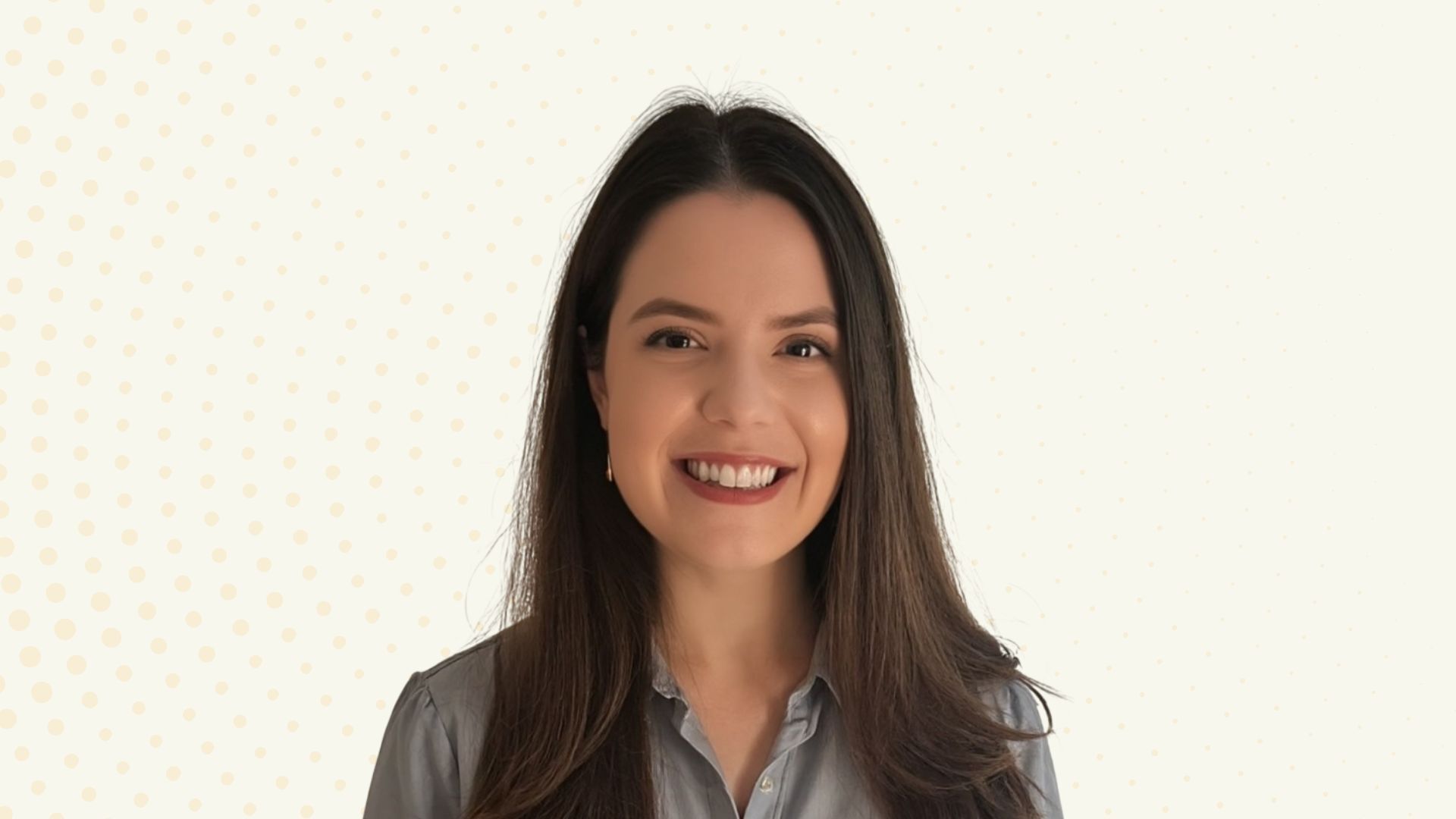This year’s report, "Trust and the Crisis of Grievance" reveals that Australia has again slipped into distrust territory, with an overall Trust Index of 49 (average per cent trust in business, government, media, and NGOs). The report also identifies a rising fear of discrimination, affecting one in two Australians, and reveals a belief that hostile activism is a legitimate course of action for change.
Key findings:
- 62 per cent of Australians feel moderately or highly aggrieved.
- Feelings of grievance are tied to beliefs that:
- Government and business serve the select few.
- The system favours the rich, and the rich are getting richer while regular people struggle.
- One in three Australians see hostile activism as a viable means to drive change.
- More than half of Australians aged 18 to 34 approve of hostile activism (e.g., online attacks, spreading disinformation, violence, or property damage).
- Mass-class trust divide: Low-income respondents trust institutions 13 points less than high-income respondents (Trust Index: 48 vs. 61).
- Lack of faith in institutional leaders: 69 per cent of global respondents worry that leaders deliberately mislead them, up 11 points since 2021.
- Confusion over credible information: 63 per cent of respondents struggle to distinguish credible news from deceptive sources.
- Business is seen as outperforming government in competence (48 points better) and ethics (29 points better).
- In Australia, there is a belief that business is not going far enough to address major societal issues.
- NGOs are seen as the most trusted institution in Australia, best placed to address divisiveness and rebuild societal trust.
- Media is the least trusted institution in Australia, with many believing media prioritises commercial interests and ideology over facts.
- Australia ranks third globally in terms of distrust of media.
"Australians are simply not feeling optimistic about our future prosperity and this lack of hope is one of the key factors driving a sense of grievance. Only 17 per cent of Australians believe that the next generation will be better off compared to today.
"With trust, economic optimism grows, and grievance dissipates. The report points to how we can create a future where trust in institutions isn't necessarily the antidote, but rather acts as the proverbial canary in the mine, pointing to whether we as a country are heading in the right direction. The antidote lies in Australia's sense of equity and fairness, that economic prosperity is available and accessible to the many."
Other key Australian findings from the 2025 Edelman Trust Barometer include:
- Lack of trust in top economies: Australia (49) joins five of the largest 10 global economies as being among the least trusting nations on the Trust Index, ahead of France (48), the US (47), the UK (43), Germany (41), and Japan being the least trusting at 37.
- Australians feel misled: 64 per cent of Australians worry government leaders are lying, 66 per cent worry business leaders are lying, and 68 per cent worry journalists and reporters are lying.
- Geopolitics inciting job fears: Fears of job insecurity due to the impacts of international trade conflicts are a top concern for Australian employees, with 51 per cent of employees worried - other factors causing job worries are foreign competitors (46 per cent), a looming recession (51 per cent), and automation (48 per cent).
- Women and Australians aged 55+ see greatest increases in fear of discrimination: Since last year, fear of experiencing prejudice, discrimination or racism has gone up 14 points among women and 13 points among those aged 55 or older.
- The wealthy are seen as the problem: A majority believe the wealthy avoid paying their fair share of taxes (72 per cent), and 60 per cent blame their selfishness for many of our problems.



-2.png)